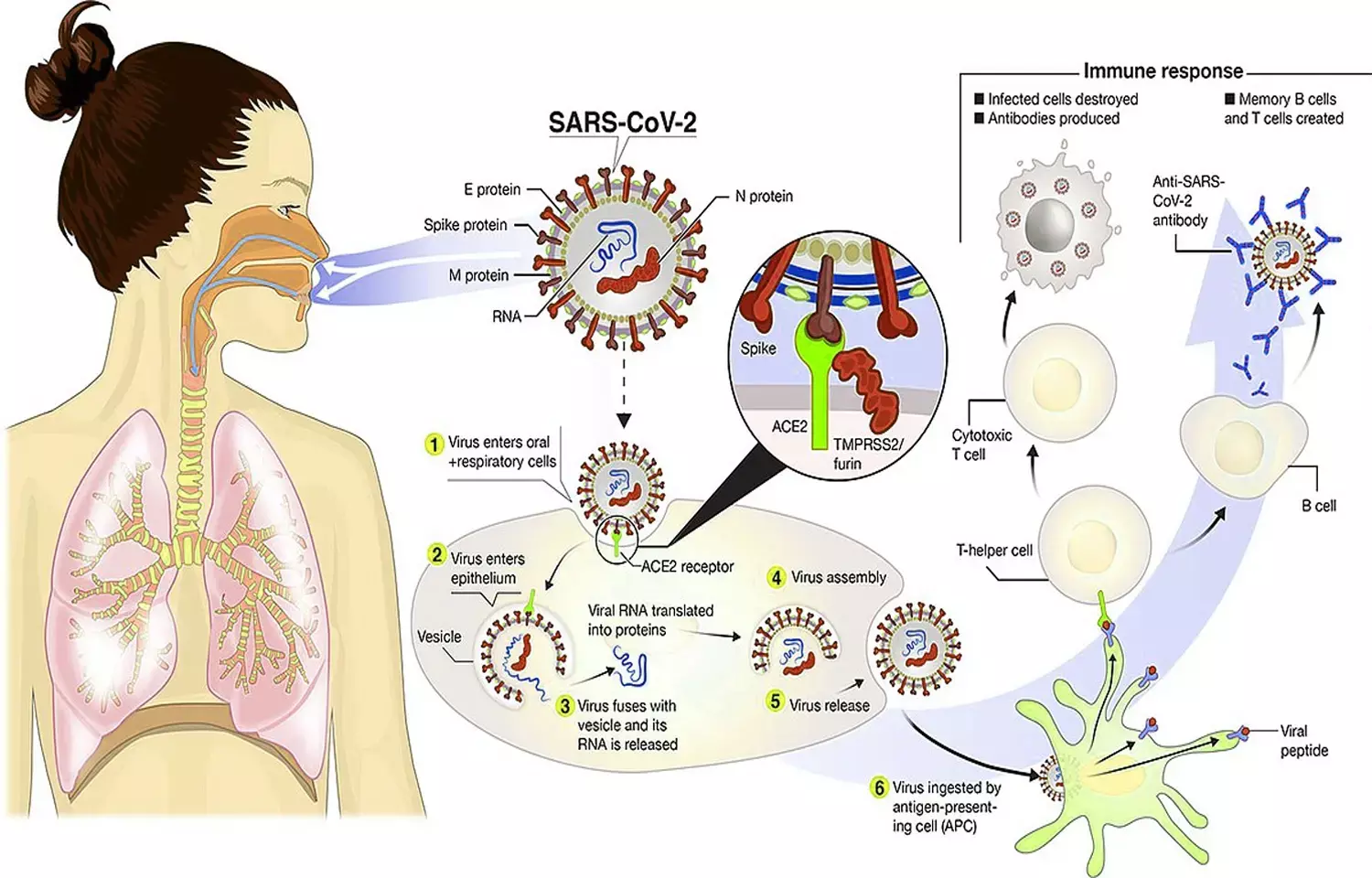- Home
- Medical news & Guidelines
- Anesthesiology
- Cardiology and CTVS
- Critical Care
- Dentistry
- Dermatology
- Diabetes and Endocrinology
- ENT
- Gastroenterology
- Medicine
- Nephrology
- Neurology
- Obstretics-Gynaecology
- Oncology
- Ophthalmology
- Orthopaedics
- Pediatrics-Neonatology
- Psychiatry
- Pulmonology
- Radiology
- Surgery
- Urology
- Laboratory Medicine
- Diet
- Nursing
- Paramedical
- Physiotherapy
- Health news
- Fact Check
- Bone Health Fact Check
- Brain Health Fact Check
- Cancer Related Fact Check
- Child Care Fact Check
- Dental and oral health fact check
- Diabetes and metabolic health fact check
- Diet and Nutrition Fact Check
- Eye and ENT Care Fact Check
- Fitness fact check
- Gut health fact check
- Heart health fact check
- Kidney health fact check
- Medical education fact check
- Men's health fact check
- Respiratory fact check
- Skin and hair care fact check
- Vaccine and Immunization fact check
- Women's health fact check
- AYUSH
- State News
- Andaman and Nicobar Islands
- Andhra Pradesh
- Arunachal Pradesh
- Assam
- Bihar
- Chandigarh
- Chattisgarh
- Dadra and Nagar Haveli
- Daman and Diu
- Delhi
- Goa
- Gujarat
- Haryana
- Himachal Pradesh
- Jammu & Kashmir
- Jharkhand
- Karnataka
- Kerala
- Ladakh
- Lakshadweep
- Madhya Pradesh
- Maharashtra
- Manipur
- Meghalaya
- Mizoram
- Nagaland
- Odisha
- Puducherry
- Punjab
- Rajasthan
- Sikkim
- Tamil Nadu
- Telangana
- Tripura
- Uttar Pradesh
- Uttrakhand
- West Bengal
- Medical Education
- Industry
Over 50% of Covid-19 survivors have long Covid symptoms: Study

New York- Over 50% of Covid-19 patients who recovered have long Covid, finds a new Study. More 236 million people have recovered from Covid-19 globally since December 2019. A new study has revealed that half of them will experience post-Covid symptoms up to six months after recovering.
The U.S. Centers for Disease Control and Prevention (CDC) recommends using the umbrella term "post-COVID conditions" for a wide range of signs and symptoms that occur four or more weeks after acute COVID-19 infection.Generally speaking post-COVID conditions are characterized by a lack of return to a usual state of health following acute COVID-19 infection.
The condition after a Covid Infection is addressed by a variety of names, including "long COVID," "post-COVID syndrome," "post-acute COVID-19 syndrome," as well as the research term "post-acute sequelae of SARS-CoV-2 infection" (PASC). Among the lay public, the phrase "long-haulers" is also used.
The Covid symptoms that persist majorly include tiredness, difficulty in breathing, chest pain, sore joints and loss of taste or smell.
Researchers at Pennsylvania State University in the US examined 57 global studies involving 250,351 unvaccinated patients who recovered from Covid-19 from December 2019 through March 2021.
The findings showed that adults, as well as children, can experience several adverse health issues for six months or longer after recovering from Covid-19.
In addition to complications affecting a patient's general well-being, more than half of all patients reported weight loss, fatigue, fever or pain, roughly one in five survivors experienced a decrease in mobility. About one in four survivors experienced difficulty of concentration, and one in three patients were diagnosed with generalised anxiety disorders.
Six in ten survivors had chest imaging abnormality and more than a quarter of patients had difficulty in breathing. Further chest pain and palpitations were also among the commonly reported conditions and nearly one in five patients experienced hair loss or rashes.
Also some patients had digestive issues including stomach pain, lack of appetite, diarrhea and vomiting, the study showed.
While the mechanisms behind these lingering symptoms in survivors are not fully understood, the researchers believe that an immune-system overdrive triggered by the virus, lingering infection, reinfection or an increased production of autoantibodies (antibodies directed at their own tissues), may be the reason.
The researchers opined that early intervention is critical for improving the quality of life for many Covid-19 survivors as in the coming years as we are likely to encounter influx of patients with psychiatric and cognitive problems, such as depression, anxiety or post-traumatic stress disorder, who were otherwise healthy before their Covid-19 infection.
Dr Kartikeya Kohli is an Internal Medicine Consultant at Sitaram Bhartia Hospital in Delhi with super speciality training in Nephrology. He has worked with various eminent hospitals like Indraprastha Apollo Hospital, Sir Gangaram Hospital. He holds an MBBS from Kasturba Medical College Manipal, DNB Internal Medicine, Post Graduate Diploma in Clinical Research and Business Development, Fellow DNB Nephrology, MRCP and ECFMG Certification. He has been closely associated with India Medical Association South Delhi Branch and Delhi Medical Association and has been organising continuing medical education programs on their behalf from time to time. Further he has been contributing medical articles for their newsletters as well. He is also associated with electronic media and TV for conduction and presentation of health programs. He has been associated with Medical Dialogues for last 3 years and contributing articles on regular basis.
Dr Kamal Kant Kohli-MBBS, DTCD- a chest specialist with more than 30 years of practice and a flair for writing clinical articles, Dr Kamal Kant Kohli joined Medical Dialogues as a Chief Editor of Medical News. Besides writing articles, as an editor, he proofreads and verifies all the medical content published on Medical Dialogues including those coming from journals, studies,medical conferences,guidelines etc. Email: drkohli@medicaldialogues.in. Contact no. 011-43720751


